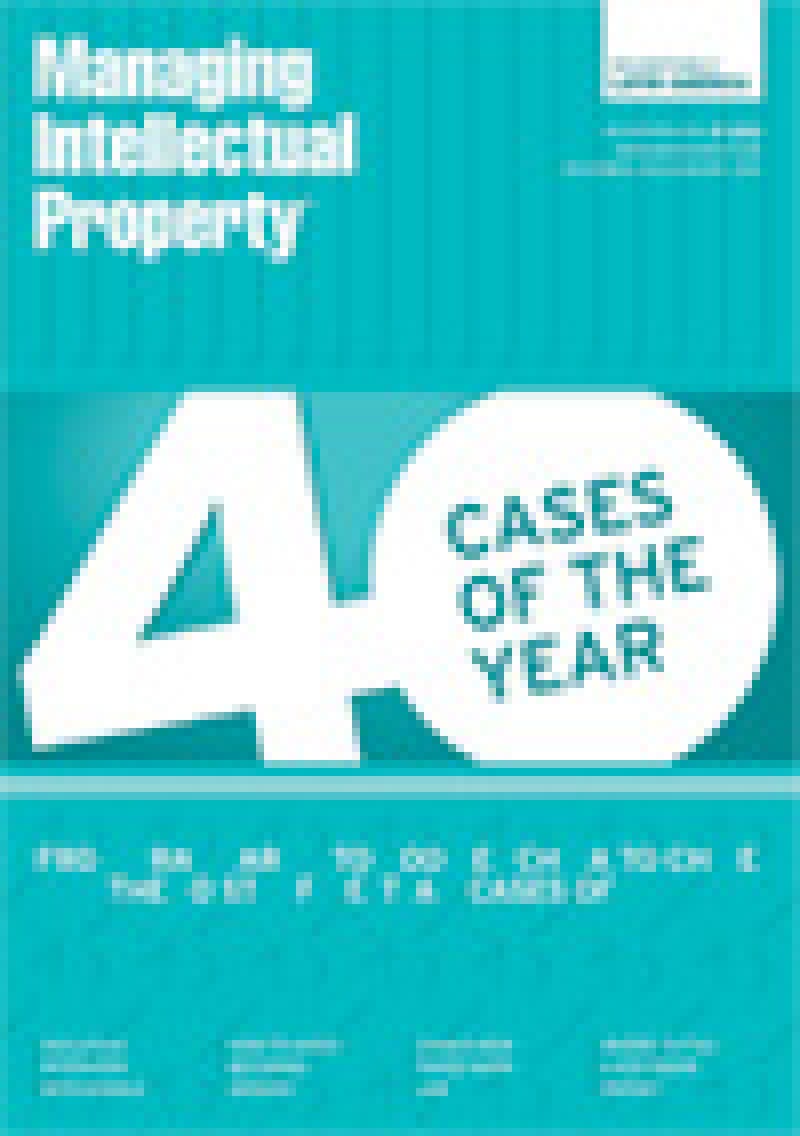
Notably, this month, we re-publish our latest sponsored roundtable on litigation in Latin America, featuring contributions from Argentina, Brazil and Mexico as well as from the UK and US IP attachés.
The discussion covered a range of issues, but speed and predictability in the courts topped people’s concerns.
UK IP attaché Sheila Alves said: “The most complaints I have heard is that it is too slow to litigate in Brazil, and there is a lack of specialised judges,” while Albert Keyack, her US counterpart, added: “Part of the slowness complaint is that the Brazilian PTO has a backlog. However the government has recently given them more resources to hire more examiners, which is welcome. I think you will see those complaints become less prominent as the speed of examination improves.”
Areas where improvements are needed include damages claims, preliminary injunctions and judicial training, said the participants. “We require certain guidelines to decide the proof of experts for infringement and cancellation cases. We need more guidelines to evaluate and apply the decisions on technical evidence,” said Alejandro Luna of Olivares & Cia.
Alberto Guerra of Guerra Law added: “The other thing is to improve the quality of judges and in particular experts, who have a very important role in patent litigation because the judges do not understand the technology.”

In-house counsel Gabriela Duran of One-Red Argentina (left) sounded an optimistic note: “Overall, I am optimistic that things have improved since IP rights started to be more relevant in Latin America. And yes! We still have a long road ahead of us, but we have improved in the past, and we still do it.”
The December/January issue also includes many contributions from our international briefings correspondents in various countries.
These cover issues such as the moves towards a single patent system in Australia and New Zealand; the examination of foreign trade mark applications in China; the amended Rule 164 at the EPO; why the patent invalidation rate at the JPO is falling; and lessons on intent-to-use applications from a US trade mark case involving Polo.
Here are all this month’s briefings:
Argentina: Trade secrets and the employer-employee relationship
Australia: Australia and New Zealand move closer to a single patent
Austria: Who owns a design right?
Belgium: The strict Belgian patent law
Canada: A lesson in drafting settlement agreements
China trade marks: Examination of foreign trade mark applications
Croatia: Changes to IP crime law
European Patent Office: New rule makes applicants more equal
France: Changes coming on patent limitation
Germany: Federal Supreme Court endorses functional claim language
Greece: New procedural rules on trade mark prosecution
India: No compulsory licence without reasonable efforts
Indonesia: Get ready for anything.id
Japan: Hindsight excluded in inventive step
Malaysia: Changes to industrial design protection
Mexico: Evidence in non-use actions
Middle East: All you need to know about IP in the GCC
New Zealand: An integrated approach to patent protection
The Philippines: Non-payment of filing fees is fatal
Romania: Debatable new approach to trade mark examination
Russia: Court sides with Gagarin’s daughter
Singapore: Post-published data in Singapore
South Korea: Supreme Court rules on English/Korean marks
Switzerland: Equivalence doctrine comes into line
Taiwan: Pharmaceutical patent term extension
US Trade marks: PRL challenges intent-to-use application
The roundtable and the international briefings are sponsored by the participating firms.









